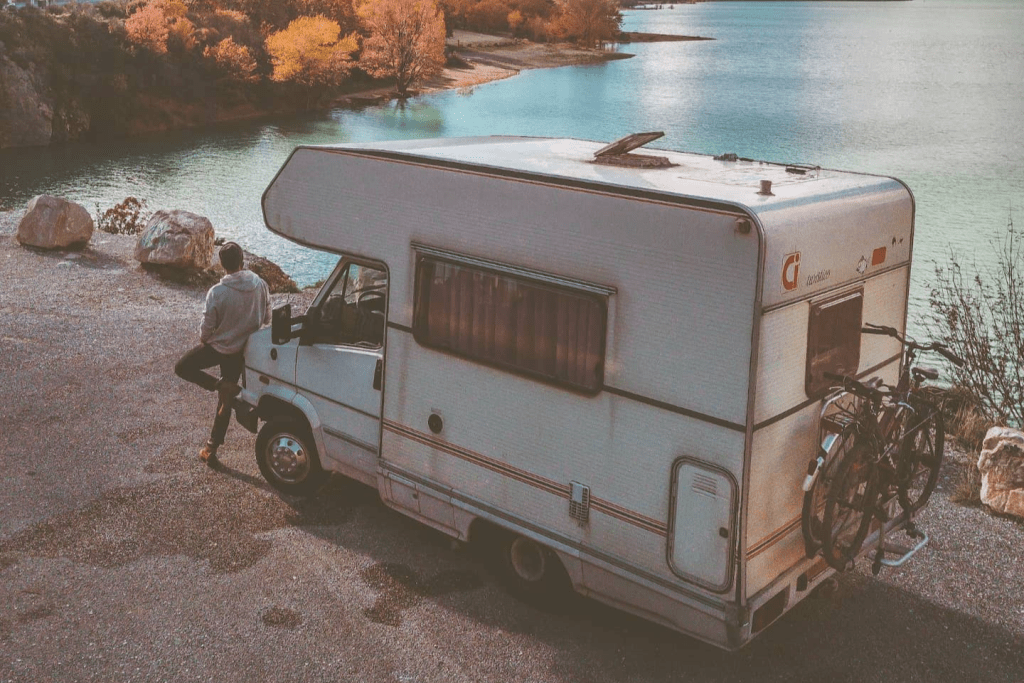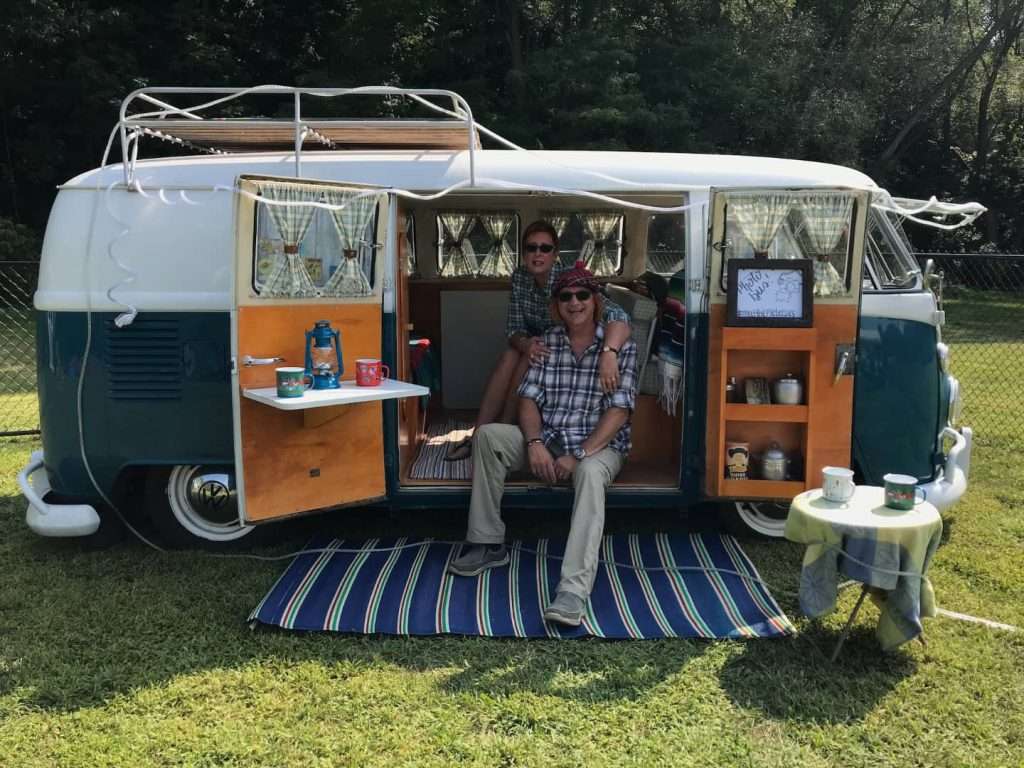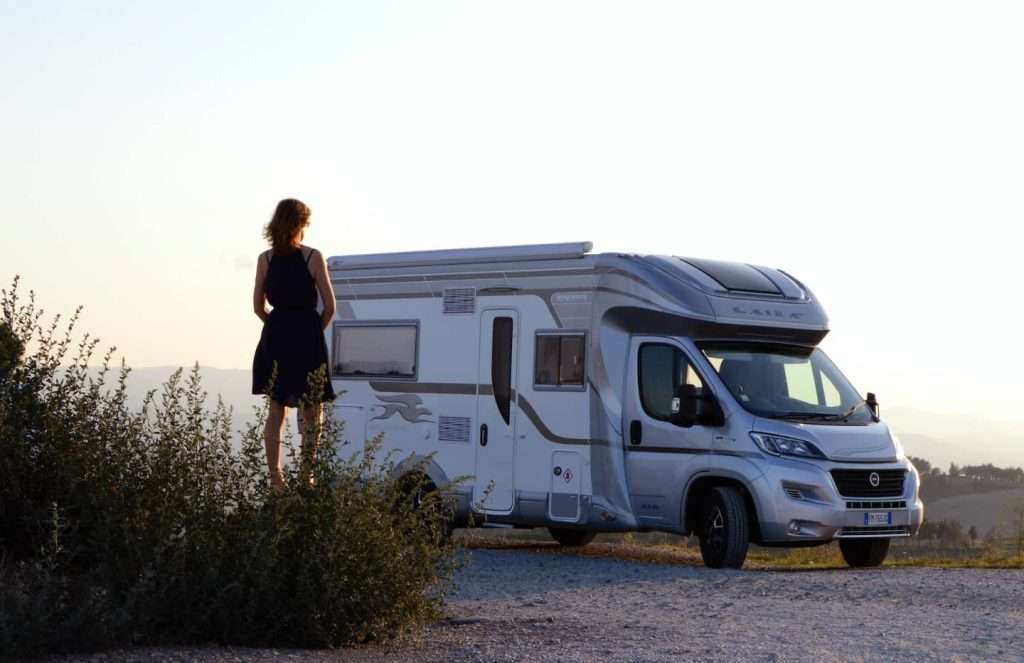
Buying RV Lots In Texas: The Upsides & Downsides
I’ve got some experience when it comes to managing RV lots in Texas, and even though it’s great, there are still a few considerations to keep in mind.
In the wide expanse of the American landscape, few places inspire the spirit of adventure, like the Lone Star State. Whether you’re a seasoned road traveler or a fledgling RV enthusiast, purchasing RV lots in Texas can offer an array of exciting possibilities.
Yet, every opportunity also carries with it potential challenges. This article provides a comprehensive exploration of the upsides and downsides of investing in RV lots in Texas. We’ll delve into every facet of this intriguing real estate segment, from the freedom to roam across diverse terrains to grappling with fluctuating land values.
Whether your aim is to find a home base for your travels, a potential investment, or a place to retire, understanding the complete picture is key. Get ready to embark on an insightful journey as we navigate the nuances of owning RV lots in Texas.
What Is An RV Lot?
In the simplest of terms, an RV lot is a designated piece of land designed specifically for parking a recreational vehicle. It may seem straightforward, but there’s more to RV lots than meets the eye.
While the primary function is to accommodate an RV, the lot often comes with various amenities and features, ranging from utility hookups like electricity, water, and sewer systems to communal facilities such as laundry rooms, bathrooms, and recreational areas in larger RV parks.
Buying an RV lot goes beyond merely acquiring a parking spot; it is about purchasing a slice of land that serves as a home base for your mobile lifestyle. When you buy an RV lot, especially in diverse locales such as Texas, you are investing in a personal retreat within a broader community of like-minded travelers and adventurers.
Therefore, understanding what an RV lot is forms the cornerstone of assessing the value, utility, and potential challenges associated with owning RV lots in Texas. As we journey through this guide, we will further unpack the intricacies of RV lots, providing a deeper understanding to inform your decision-making process.
The Benefits Of Buying RV Lots In Texas
Purchasing RV lots in Texas comes with a host of benefits that cater to diverse needs and lifestyles. This vast state, known for its rich history, diverse landscapes, and friendly locals, provides many opportunities for RV lot owners.
- Scenic Diversity: Texas offers an array of diverse landscapes, ranging from coastal lines and forested hills to desert vistas and bustling urban areas. Owning an RV lot in Texas allows you to enjoy the variety of these geographical settings, adding depth to your travel experiences.
- Flexibility: Owning an RV lot gives you a home base, a constant regardless of how much you roam. It provides a level of flexibility that is unmatched by traditional homeownership, allowing you to travel and return at your leisure.
- Potential for Appreciation: Like any real estate investment, RV lots in Texas have the potential for appreciation. What this means is that the value of your lot could increase over time, providing a good return on investment, especially in high-demand areas.
- Community: Many RV lots are part of larger RV parks, offering a vibrant community of like-minded individuals. These parks often host events and activities, fostering a strong sense of community among residents.
- Cost-Effective Living: In many cases, maintaining an RV lot can be less costly than traditional homeownership. It’s often less expensive to purchase, and ongoing expenses like property taxes, maintenance costs, and utilities are usually lower.
- Amenities: Many RV lots in Texas have access to a range of amenities. These may include clubhouses, swimming pools, golf courses, hiking trails, fishing spots, and more.
While these benefits are attractive, it’s essential to remember that each RV lot may offer different advantages. Furthermore, balancing these perks with potential challenges is crucial, which we’ll explore in our next section.
The Drawbacks Of Buying RV Lots In Texas
While buying RV lots in Texas offers many exciting benefits, it also has its fair share of drawbacks. Potential investors should be well aware of these before diving into the market.
- Limited Liquidity: Unlike traditional homes, RV lots might not sell as quickly. If you need to sell quickly, you might find it challenging to find a buyer.
- Fluctuating Market: The value of RV lots can fluctuate significantly based on factors like the overall real estate market, the economy, and the popularity of the RV lifestyle.
- Maintenance and Upkeep: While RV lots can be lower-maintenance than traditional homes, they still require upkeep. These responsibilities can add up, whether it’s landscaping or ensuring the utilities are in working order.
- Limited Space: RV lots are typically smaller than standard home lots. This could restrict your ability to expand or add amenities in the future.
- Location Specificity: Texas offers diverse landscapes, but your lot is fixed in one location. This may be a disadvantage if you prefer one region’s climate over another or you want to mix things up.
- Community Regulations: If your RV lot is part of an RV park, you may have to abide by community rules and regulations. These can range from restrictions on renting out your lot to landscaping and exterior maintenance rules.
- Seasonal Considerations: Texas weather can be extreme, with hot summers and the potential for storms in certain areas. These weather conditions can impact the enjoyability of your RV lot throughout the year.
By carefully weighing these potential drawbacks against the benefits, you can make a well-informed decision about purchasing RV lots in Texas. This balanced understanding can help ensure that your investment aligns with your lifestyle, preferences, and financial goals.
RV Lots In Texas — FAQs
Can I mortgage an RV lot?
Yes, you can mortgage an RV lot, but it may be a different process than a traditional home mortgage. Lending institutions generally categorize RV lots as specialty or recreational property, which can impact the type of loan you can secure.
Several financial institutions offer specific loans for purchasing RV lots, often referred to as land or lot loans. However, remember that these loans’ terms, conditions, and requirements may differ from traditional mortgages.
For instance, you may find that down payment requirements are higher for RV lot loans, often requiring 20-50% of the purchase price upfront. Similarly, interest rates may be higher than those for a primary residence mortgage, and the repayment period could be shorter.
It’s important to shop around and speak to different lenders to understand your options. Also, consider consulting with a financial advisor or mortgage specialist to help navigate the process and make a decision that fits within your financial plan.
In some cases, if you’re planning to live full-time on the RV lot and it has all the necessary utilities and amenities, you may qualify for a residential property loan instead of a recreational one.
This can offer more favorable terms, but it depends on the lender’s criteria and local zoning regulations.
Is it realistic to live in an RV?
Yes, it is realistic to live in an RV, and many people do. However, the feasibility and enjoyability of this lifestyle depend on various factors, including your personal preferences, lifestyle, and adaptability to the unique challenges that RV living presents.
- Adaptability: Living in an RV means living in a smaller space than a traditional home or apartment. You’ll need to downsize possessions and learn to live with less. However, many find this minimalist lifestyle liberating.
- Flexibility: One of the major advantages of RV living is the ability to travel and change your scenery whenever you want.
- Financials: Living in an RV can potentially be less expensive than traditional living, depending on your lifestyle.
- Amenities: Modern RVs can come equipped with many of the same amenities that are found in a traditional home — such as a kitchen, bathroom, living area, and separate bedrooms. Many RV parks also offer amenities like laundry facilities, Wi-Fi, and recreational facilities.
- Community: The RV lifestyle often comes with a built-in community. Many people who live in their RVs full-time enjoy the sense of camaraderie and friendship that comes with meeting other RVers.
- Work Considerations: If you plan to work while living in your RV, you’ll need a reliable internet connection.
- Healthcare: Healthcare access can be more complicated when you’re always on the move.
How long will an RV last if you live in it?
The lifespan of an RV varies greatly depending on factors such as the type and quality of the RV, the maintenance it receives, and how much it’s used. Generally, a well-built and well-maintained RV could last 10 to 30 years or even longer.
However, if you’re living in it full-time, that essentially means it’s being used every day, which can accelerate wear and tear. Regular maintenance — including checking and repairing the roof, plumbing, and electrical systems — can help extend the lifespan.
Additionally, the interior might need updating before the mechanical parts of the RV wear out, as constant use can lead to faster wear on carpets, upholstery, and other interior elements. Ultimately, like any home, the longevity of an RV comes down to the care and attention it’s given.
Final Thoughts
In conclusion, the decision to buy RV lots in Texas is one that requires thoughtful consideration.
While there are numerous benefits, from scenic diversity and flexibility to a strong sense of community and cost-effective living, potential drawbacks such as fluctuating market values, limited space, and maintenance responsibilities can’t be ignored.
Beyond the purchase, living full-time in an RV is a lifestyle choice that offers freedom and adventure but also requires adaptability and careful planning.
Understanding the intricacies of what an RV lot entails, weighing the pros and cons, and considering your lifestyle preferences are crucial steps toward making an informed decision. Whether you’re drawn to the allure of the open road, considering an investment opportunity, or seeking a cost-effective retirement option, RV lots in Texas could provide the solution.
Like any significant decision, buying an RV lot (and potentially living in an RV) should align with your individual lifestyle, financial goals, and long-term plans. Happy adventuring!








